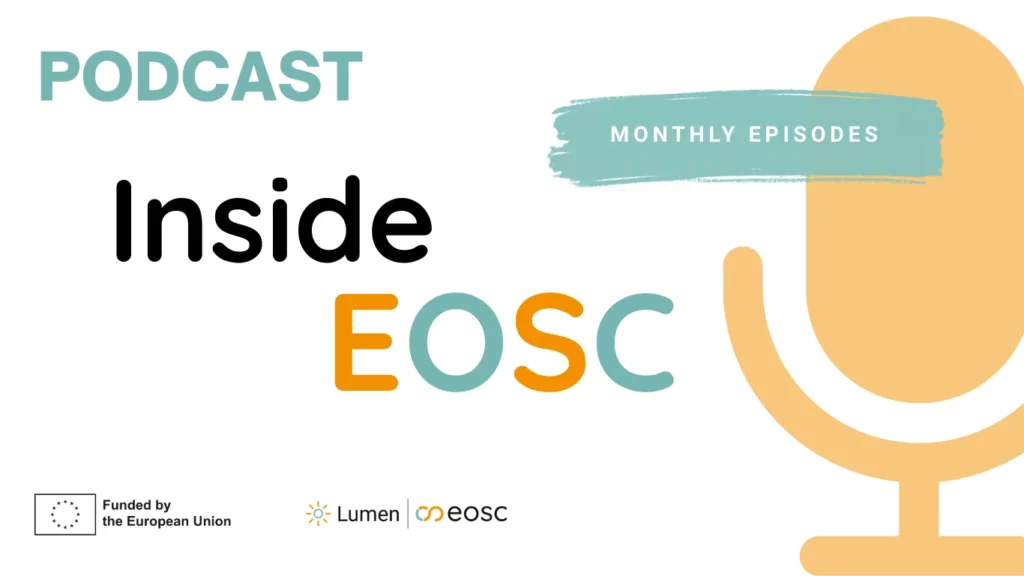External Resources
About EOSC
The vision for EOSC is to put in place a system in Europe to find and access data and services for research and innovation. This is to help researchers store, share, process, analyse and reuse FAIR research outputs within and across disciplines and borders.
EOSC builds on existing infrastructure and services supported by the European Commission, Member States and research communities. It brings these together in a federated ‘system of systems’ approach, adding value by aggregating content and enabling services to be used together.
Riding the Wave: How Europe can gain from the rising tide of scientific data
Much More than a Market: Empowering the Single Market to deliver a sustainable future and prosperity for all EU Citizens
Science Europe Briefing on EOSC: Federating research infrastructures in Europe for FAIR access to data
Why EOSC is Pivotal to European Competitiveness
EOSC in Austria
EOSC Association
The EOSC Association is the legal entity established to govern the EOSC. The EOSC ecosystem is being co-created in a series of funded projects and initiatives from Member States and Associated Countries. The EOSC Association plays an important role in helping to coordinate and steer these investments via its Task Forces and other governance structures.
FAIR metrics and data quality
Community-driven Governance of FAIRness Assessment: An Open Issue, an Open Discussion
FAIR Assessment Tools: Towards an “Apples to Apples” Comparisons
TOWARDS A DATA QUALITY FRAMEWORK FOR EOSC
Report on FAIR Signposting and its Uptake by the Community
Report on FAIR Evaluation community survey
Financial sustainability
Towards Sustainable Funding Models for the European Open Science Cloud
Analysis of the Financial Sustainability Task Force: Consultation on the Progress report
Long-term data preservation
EOSC Preservation: Overview Discussion Paper
Recommendations Consultation. EOSC-A Long Term Data Preservation Task Force
LTDP-TF Final Report & Recommendations
LTDP-TF Recommendations & Assertions
Upskilling countries to engage in EOSC
Infrastructures for quality research software
Task Force Sub Group 3 – Review of Software Quality Attributes and Characteristics
AAI architecture
Technical interoperability of data and services
Design Considerations for Technical Interoperability in EOSC
A landscape overview of the EOSC Interoperability Framework – Capabilities and Gaps
Data stewardship curricula and career paths
Research careers, recognition and credit
Semantic interoperability
PID policy and implementation
Forthcoming

